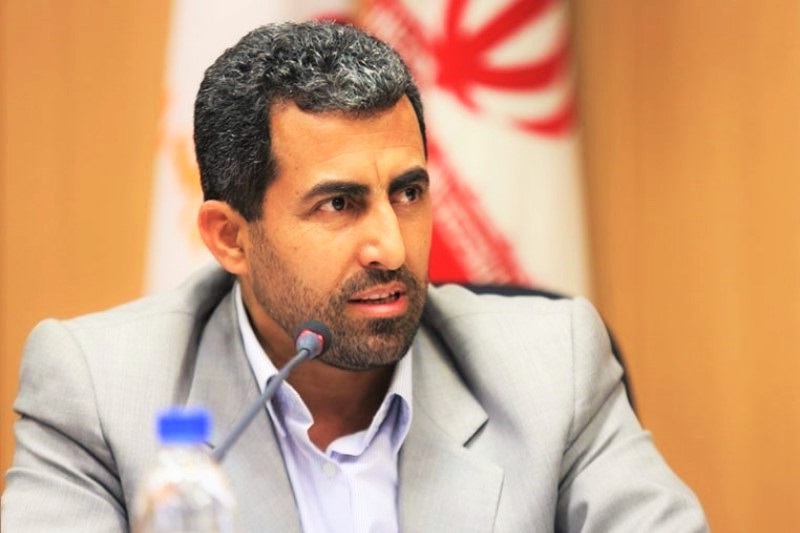Lawmaker Says FATF's Iran Stance Unacceptable

EghtesadOnline: A senior lawmaker has criticized the latest public statement issued by the Financial Action Task Force concerning Iran, saying it would be "unacceptable" for the country to stay on the organization's blacklist.
"The conditions of FATF action plan have been defined, but if they reckon for any reason that Iran is not cooperating and put the country on its blacklist again, it would be unacceptable," Mohammad Reza Pour-Ebrahimi, who heads the Majlis Economic Commission, was quoted as saying by IBENA.
The intergovernmental FATF, which is the global standard-setting body for anti-money laundering and combating the financing of terrorism (AML/CFT), issued a public statement on February 24.
It noted that in June 2016, it welcomed Iran's adoption of and high-level political commitment to an action plan to address its strategic AML/CFT deficiencies and its decision to seek technical assistance in the plan's implementation, Financial Tribune reported.
This led to the suspension of countermeasures for 12 months to monitor Iran's progress in implementing the action plan, but "if the FATF determines that Iran has not demonstrated sufficient progress in implementing the action plan at the end of that period, FATF’s call for counter-measures will be reimposed".
However, "If Iran meets its commitments under the action plan in this period, FATF will consider next steps in this regard".
Pour-Ebrahimi said "if FATF wishes to threaten Iran, it will be illogical and unacceptable".
He added that if the organization continues to treat Iran in this manner, the parliament would likely decree that the country must end its cooperation with FATF.
In its public statement, the organization points out that "until Iran implements the measures required to address the deficiencies identified in the Action Plan, FATF will remain concerned with the terrorist financing risk emanating from Iran and the threat this poses to the international financial system".
The body, therefore, has called on its members to continue to advise their financial institutions to apply "enhanced due diligence" to business relationships and transactions with natural and legal persons from Iran.
While the task force has urged Iran to fully address its AML/CFT deficiencies, "in particular those related to terrorist financing", Pour-Ebrahimi said measures undertaken by the country in line with these values are still underway "with a clear procedure and are being followed up ".
Recent Progress
Iran has always taken effective measures to combat financial corruption, the official said, pointing to approved AML/CFT measures.
Hossein Qazavi, deputy economy minister for banking and insurance, had noted last week that Iran is still considered a non-cooperative country or territory by the organization because of "political factors".
"Countries at odds with Iran have surely tried to ensure that it remains on the list," he had said. "But it is necessary that with the same firm language, we should inform them about our anti-money laundering and counter-terrorism financing infrastructures."
The Ministry of Economy recently published a report on the country's interactions with the task force at the time, calling the suspension of restrictions one of the two "landmark" events for the Iranian economy during the four-year tenure of the current government led by President Hassan Rouhani.
In its latest report on Iran's economy this week, the International Monetary Fund acknowledged that Iran has made progress in strengthening the AML/CFT framework.
In March 2016, the Iranian Parliament adopted a CFT law and expressed a high-level political commitment to implement an action plan. Iranian authorities have requested a fund assessment of the AML/CFT regime against the FATF standards, which will take place late 2018. They also became an observer to the Eurasian AML/CFT group.


